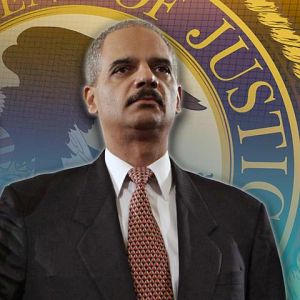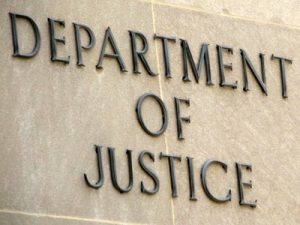 Anyone who follows politics knows that there is an overcrowding issue in U.S. prisons. Federal prisons operate at 40% above capacity with over 200,000 inmates on their rosters. Nine to ten million inmates go through local prisons every year. Many of these inmates have substance abuse disorders that attribute to almost half of the sentences served being drug related, non violent crimes. In the 1980’s our country began a war against drugs that has still not ended.
Anyone who follows politics knows that there is an overcrowding issue in U.S. prisons. Federal prisons operate at 40% above capacity with over 200,000 inmates on their rosters. Nine to ten million inmates go through local prisons every year. Many of these inmates have substance abuse disorders that attribute to almost half of the sentences served being drug related, non violent crimes. In the 1980’s our country began a war against drugs that has still not ended.
In that decade Congress passed legislation that would be harsh on crimes involving drugs without putting much funding or attention on the programs that could help these offenders recover. These laws are still in place. One of the major issues facing the federal justice system is that Judges have little to no lee way when it comes to sentencing for these crimes. For each one a minimum sentence is in place that the Judge cannot ignore, no matter the circumstances of the case. Senators Rand Paul, Dick Durbin, Patrick Leahy, and Mike Lee are working on legislation to grant Judges more discretion in sentencing but that is only the beginning of changes that need to be made. Attorney General Eric Holder believes that the current system encourages “a vicious cycle of poverty, criminality and incarceration” that is crippling to our communities.
Attorney General Holder made an address to the American Bar Association in San Francisco about these issues. His belief is that incarcerating non violent offenders is a waste of funding that could go to actual rehabilitation of these citizens instead. Earlier this year he launched his “Smart on Crime” initiative to encourage other law makers to change their guidelines at the state and local levels. While he is trying to change legislation on the federal level, Holder thinks that some issues are best handled at the most local level they can be, so that each situation gets the individual discretion it needs. Much like the individual court cases he wishes were dealt with on an individual basis.
 He wants to alter Justice Department policy so that low level drug offenders with no ties to large scale corporations get less of a penalty than their mafia counterparts. Legislation created to penalize gangsters and mobs are incredibly harsh on first time offenders and even habitual offenders who are abusing drugs on their own without being part of a syndicate. Holder believes that Justice funding would be better spent treating these offenders for their substance abuse disorders rather than locking them up for years at a time. Holder’s main focus are the crimes related to drug abuse because they make up such a large percentage of inmates, but this is not his only idea. He would also like to incorporate a policy of “compassionate release” for non violent inmates in extraordinary circumstances or elderly inmates who have served most of their sentences. These offenders pose no public threat if released, but the overcrowding they cause in prison is already a threat to our Justice system.
He wants to alter Justice Department policy so that low level drug offenders with no ties to large scale corporations get less of a penalty than their mafia counterparts. Legislation created to penalize gangsters and mobs are incredibly harsh on first time offenders and even habitual offenders who are abusing drugs on their own without being part of a syndicate. Holder believes that Justice funding would be better spent treating these offenders for their substance abuse disorders rather than locking them up for years at a time. Holder’s main focus are the crimes related to drug abuse because they make up such a large percentage of inmates, but this is not his only idea. He would also like to incorporate a policy of “compassionate release” for non violent inmates in extraordinary circumstances or elderly inmates who have served most of their sentences. These offenders pose no public threat if released, but the overcrowding they cause in prison is already a threat to our Justice system.
Already, seventeen states have redirected funds in support of Holder’s cause. Kentucky is refocusing funds onto community supervision and leaving long term prison sentences to serious offenders. Texas and Arkansas have invested in drug treatment programs and have worked out new parole policies. Together they have dropped their prison population by 6,400. Many other states are working on preserving their limited funds by improving public safety and health before incarceration, and Holder hopes to enlist even more.
